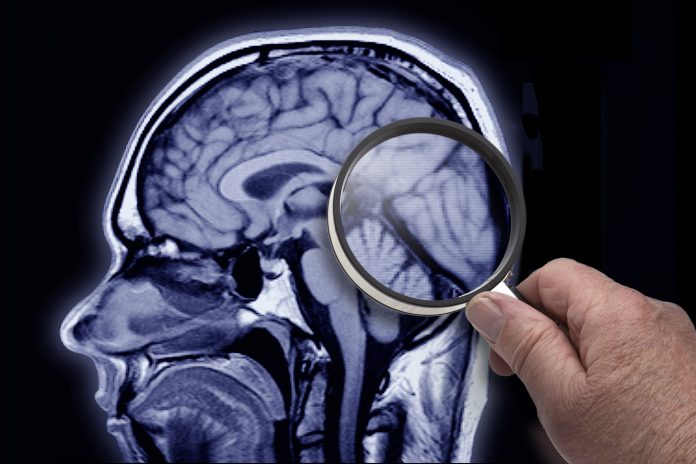
Research led by two teams from the University of California San Francisco (UCSF) and a team from the University of Queensland, Australia, has identified a blood factor as the common denominator behind rejuvenation of the brain through young blood transfusion, a longevity hormone and exercise.
In a trio of papers published in Nature, Nature Aging, and Nature Communications, the researchers have revealed platelet factor 4 (PF4)—a type of blood cell normally responsible for blood clot formation—as a pivotal element contributing to cognitive enhancement.
Systemic administration of PF4 in aging mice reduced brain inflammation, improved brain cell connections, and boosted memory and thinking abilities.
“PF4 actually causes the immune system to look younger, it’s decreasing all of these active pro-aging immune factors, leading to a brain with less inflammation, more plasticity and eventually more cognition. We’re taking 22-month-old mice, equivalent to a human in their 70s, and PF4 is bringing them back to function close to their late 30s, early 40s,” said Saul Villeda, PhD, associate professor of anatomy at UCSF and senior author of the Nature study.
Villeda had previously discovered that injecting plasma from younger mice into aging animals improved their cognitive abilities and strengthened their muscles—seemingly bringing back their youth. While taking a closer look at the plasma, his team discovered a much higher PF4 content in young plasma compared to that of the older mice. According to the researchers, injecting PF4 only had the same restorative effect as using whole plasma.
A second team of UCSF scientists discovered that after injection of the longevity protein klotho—associated with improved cognition in young and old animals—mice platelets also released PF4. The protein then proceeded to have positive effects on the brain region responsible for making memories, while simultaneously boosting performance of young and old mice in behavioral tests.
“Ideally, we’ll have multiple shots on goal for one of our biggest biomedical problems, cognitive dysfunction, with the fewest side effects and the most benefit,” said Dena Dubal, PhD, professor of Neurology at UCSF and senior author of the Nature Communications study.
The third team, led by Queensland Brain Research Institute research fellow Tara Walker, PhD, discovered that platelets released PF4 into the bloodstream following exercise. When testing PF4 on its own, similar to Dubal and Villeda’s experiments, the protein also improved cognitive abilities in old animals.
“For a lot of people with health conditions, mobility issues or of advanced age, exercise isn’t possible, so pharmacological intervention is an important area of research. We can now target platelets to promote neurogenesis, enhance cognition and counteract age-related cognitive decline,” Walker concluded in a press statement.











